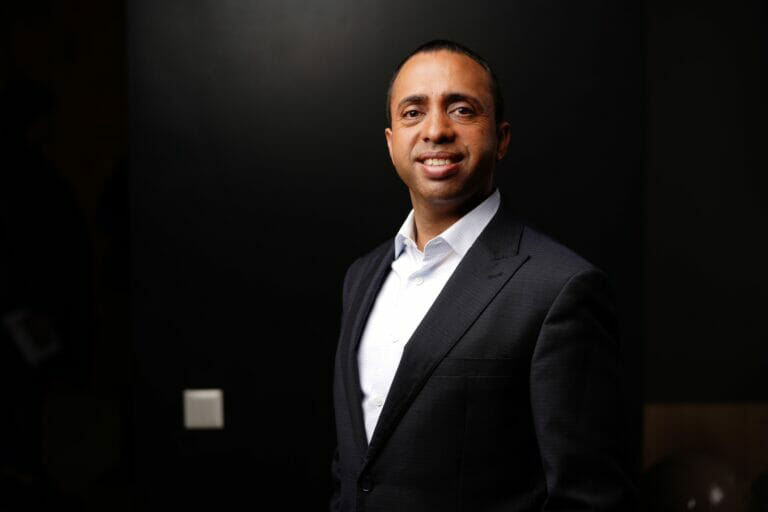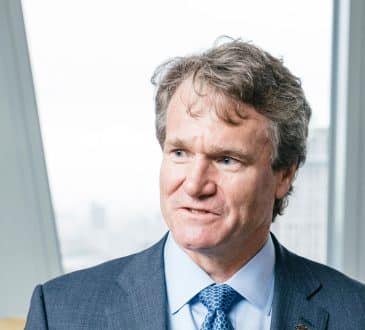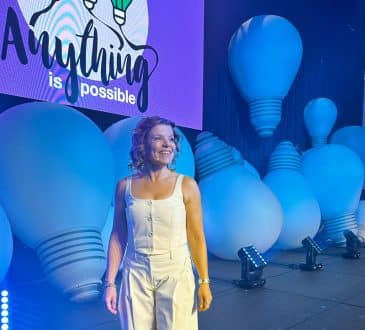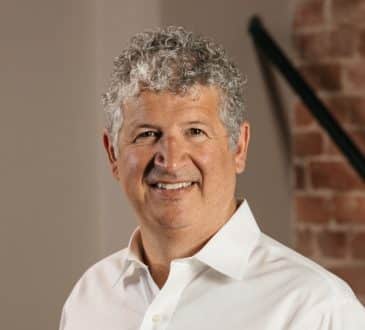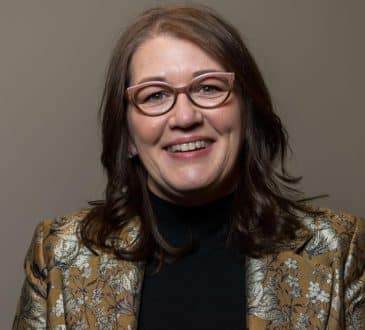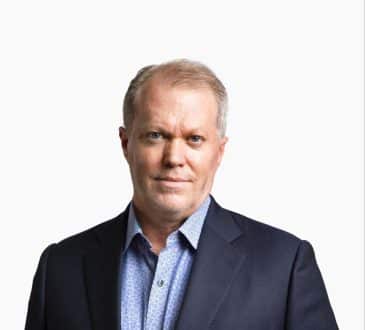The future of healthcare: Global access to global medicine
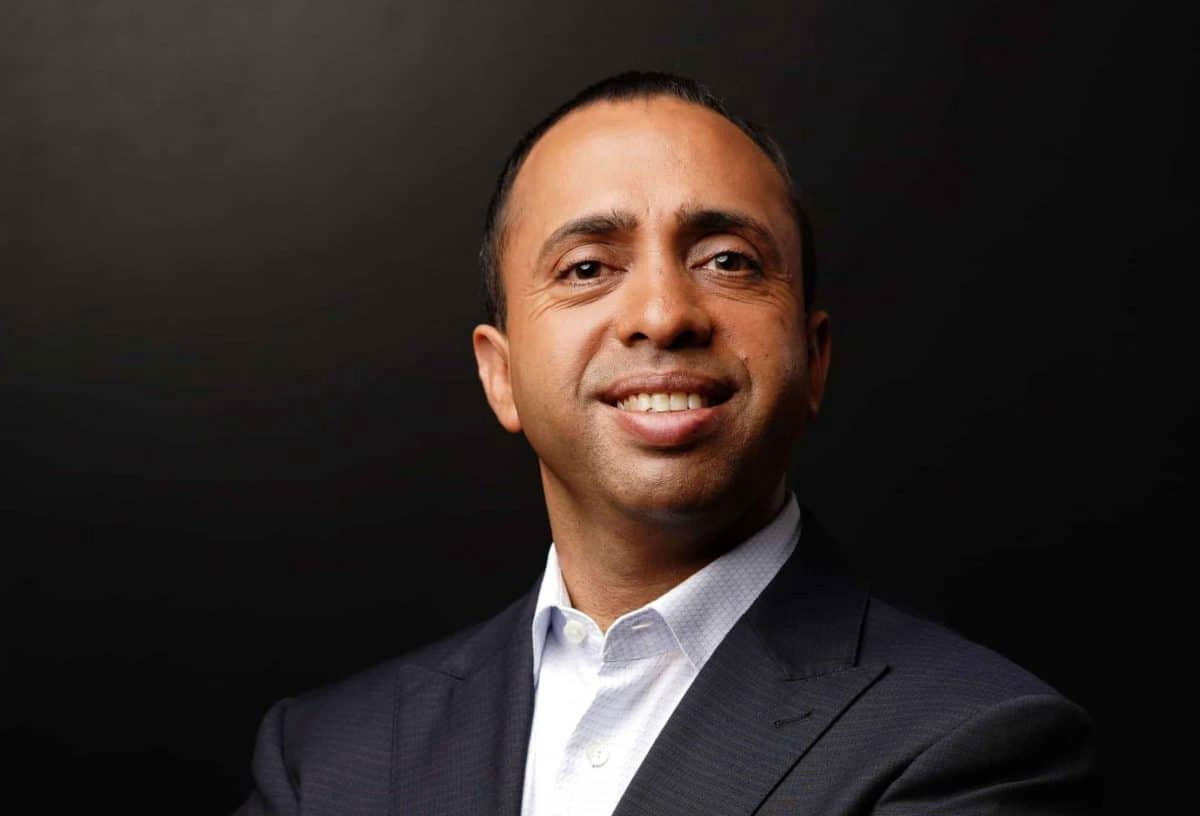
As someone constantly traveling the globe, in an effort to understand how values can shape nations, societies, and companies, I am often struck by the stories of certain leaders who are guided by values, beliefs, and purpose. One of these I recently spoke to is Pradeep Goel, Chief Executive Officer of Solve.Care, who told me the amazing story of how his values and beliefs led him to change the healthcare system from the foundation up.
Pradeep Goel tells me that he was sat across from a doctor – the doctor who he had been trying for months to get access to. This doctor looked him straight in the eye and said, “If only you were here six months ago, we could have helped”. When a family member became ill, Pradeep had spent countless hours, weeks, and months trying to get access to the right doctor, in the right location, with the right insurance setup. The injustice of this statement, and the insinuation that they hadn’t tried, broke his heart. Pradeep had made every effort to get to this doctor and he knew he never wanted this situation to happen to any parent or child again. Right there and then, Goel, a healthcare business veteran, decided to change the healthcare system.
In many countries, the United States, in particular, connecting the right patient to the right doctor is not a straightforward task. Bureaucracy slows the process down, often with devastating consequences. Much depends on the state a patient lives in, their insurance status and plan, and the network they belong to. Goel argues that these economic and geographic barriers, along with others like language and cultural obstacles, create artificially constrained access to healthcare.
“The more you constrain patients to a set of treatment plans or doctors or a network the less likely they are to feel empowered. Governments and insurance companies are creating boundaries around which patients can see which doctor, and this results in months-long waiting lists to access a specific doctor in a specific network. These delays are not necessary – and delayed care is denied care, it has to be timely.”
Motivated by a desire to ensure no family had to face the same situation as his, Goel set about finding a solution. With a background in computer science and decades of experience in the healthcare sector, he was ideally placed to look at how innovation can reimagine the intersection of healthcare, policy, and technology.
Telemedicine has become more common since Covid-19 and is considered particularly useful for common illnesses or infections, managing prescriptions, treatment of a chronic condition, psychotherapy, and in some cases for specialist diagnoses and physiotherapy. Telehealth investment hit an all-time high of $4.2 billion in the first quarter of 2021, which was nearly double the $2.2 billion raised in the same quarter of 2020 according to Fierce Healthcare.
Having raised $20m in capital, Solve.Care was born in 2017 with a vision to build a patient-centric platform. Goel points out that when we talk about patient-centric healthcare, the assumptions we made 50 years ago no longer hold true. And while there is a huge conversation happening around empowering patients, it remains to be seen if this is empty rhetoric or something that will see significant investment.
Solve.Care is designed to enable individuals, developers, enterprise organizations, and governments to build their own critical Care Networks around the world depending on local needs. The ultimate goal – which Goel acknowledges maybe decades away – is that any doctor should be able to connect with any patient worldwide. By removing bureaucratic barriers, Goel aims to create a world where his family – and all families – have access to the healthcare they need.
Breaking down barriers to healthcare
Goel identified the problem that many national healthcare systems are too complex, overly bureaucratic, highly inefficient and unsustainable economically. Solve.Care reimagines a new global healthcare framework, built on blockchain, that is more democratic, equitable, and effective.
Goel told me: “The framework is a global fabric of care. Should I be able to call a doctor I trust in India for advice if I live in the USA? Is an Indian doctor’s qualification recognised in the United States? The goal is to break down these barriers. Instead of carving up humanity through governments and insurance companies, which results in matches that aren’t optimal and means long waiting lists, we open things up.”
The primary goal of Solve.Care is to give patients the widest possible choice of doctors to engage with. Third parties ensure that no medical, regulatory or ethical boundaries are breached, but the bureaucracy is kept to a minimum to reduce delays and cost. Rules of engagement are transparents, and are always visible to both the patient and the doctor.
Solve.Care provides a full suite of digital tools required for individuals and organisations to rapidly and cheaply build healthcare infrastructure networks around the world. The core components of the system are an app for patients that allows them to manage their data and payments; the Solve token – a blockchain token that is used within the network for payments and care networks – global cross-border teleconsultation networks built on blockchain.
These tools and templates, which include websites, apps, payment, CRM systems, and digital currencies provide the essential scaffolding for complex health networks to be built affordably. The networks can be established in days and weeks vs. traditional, centralised approaches which typically require years and multi-million dollar investments.
Scaling up amid a pandemic
Today their network spans over 100 countries and has morphed into a community of hundreds of thousands. The business now has 12 offices worldwide, but like most tech companies, most of their employees are working from home due to the pandemic. Goel said: “The pandemic has been long – much longer than anyone hoped for. I told my team to prepare for two years for the world to find an equilibrium because we’ll never go back to normal.”
There have been advantages and disadvantages as the company grows as a result.
The challenges have included maintaining interpersonal relationships, including mentorships, coaching, and guiding team members. Goel said: “Verbal and non-verbal communication are lost even on Zoom, because it’s very regulated.”
Advantages have included access to a wider pool of workforce as the company has hired in different countries and timezones. This has resulted in a workforce that is more diverse in terms of gender, nationality and culture. Goel said: “We’ve opened up to talent from beyond the Ukraine and as a result we have a workforce that is more capable, more diverse, and more global.
What will a doctor’s appointment look like in 2040?
With investment in telemedicine increasing steadily, and increased cultural acceptance spurred on by Covid-19 that appointments need not be face-to-face, it seems like the future of medicine is set to take place on screens.
For patients, given the choice of a wait of months or years, or contacting a qualified and capable doctor in another region, the answer appears simple. And thanks to Goel’s vision and values, this is now much easier.
Written by Dr. Mandeep Rai.
Have you read?
# Best CEOs In the World Of 2022.
# TOP Citizenship by Investment Programs, 2022.
# Top Residence by Investment Programs, 2022.
# Global Passport Ranking, 2022.
# The World’s Richest People (Top 100 Billionaires, 2022).
Add CEOWORLD magazine to your Google News feed.
Follow CEOWORLD magazine headlines on: Google News, LinkedIn, Twitter, and Facebook.
This report/news/ranking/statistics has been prepared only for general guidance on matters of interest and does not constitute professional advice. You should not act upon the information contained in this publication without obtaining specific professional advice. No representation or warranty (express or implied) is given as to the accuracy or completeness of the information contained in this publication, and, to the extent permitted by law, CEOWORLD magazine does not accept or assume any liability, responsibility or duty of care for any consequences of you or anyone else acting, or refraining to act, in reliance on the information contained in this publication or for any decision based on it.
Copyright 2024 The CEOWORLD magazine. All rights reserved. This material (and any extract from it) must not be copied, redistributed or placed on any website, without CEOWORLD magazine' prior written consent. For media queries, please contact: info@ceoworld.biz
SUBSCRIBE NEWSLETTER



